Search
Did you mean: Europe?
Search Results

Definition
Persepolis
Persepolis was the capital of the Persian Achaemenid Empire from the reign of Darius I (the Great, r. 522-486 BCE) until its destruction in 330 BCE. Its name comes from the Greek Perses-polis (Persian City), but the Persians knew it as Parsa...

Definition
Clovis I
Clovis I (or Chlodovech, 466-511/513 CE), king of the Franks, is considered the founding father of the Merovingian Dynasty, which would continue for over 200 years. Clovis became king at the age of 15, and by the time of his death 30 years...
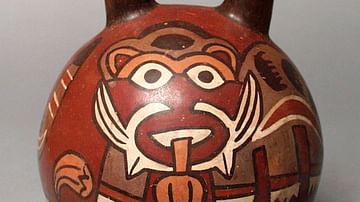
Definition
Nazca Civilization
The Nazca civilization flourished on the southern coast of Peru between 200 BCE and 600 CE. They settled in the Nazca and other surrounding valleys with their principal religious and urban sites being Cahuachi and Ventilla, respectively...
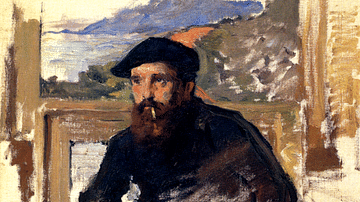
Definition
Claude Monet
Claude Monet (1840-1926) was a French impressionist painter who transformed modern art with his emphasis on light brushstrokes, bright colours, and uncluttered nature. Famed for his landscapes and series of paintings that captured the same...
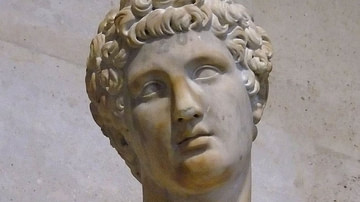
Definition
Adonis
The myth of Adonis is a legendary love story that combines tragedy and death on the one hand, and the joy of coming back to life on the other. The story of the impossibly handsome Adonis and his lover the goddess Aphrodite originally dates...
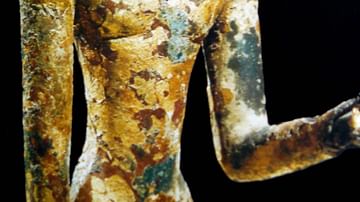
Definition
Phoenician Religion
The Phoenician Religion, as in many other ancient cultures, was an inseparable part of everyday life. Gods such as Baal, Astarte, and Melqart had temples built in their name, offerings and sacrifices were regularly made to them, royalty performed...

Definition
Mark Antony
Marcus Antonius (l. 83-30 BCE, known popularly as Mark Antony) was a Roman general and statesman best known for his love affair with Cleopatra VII (l. c.69-30 BCE) of Egypt. As Julius Caesar's friend and right-hand man, he gave the funeral...
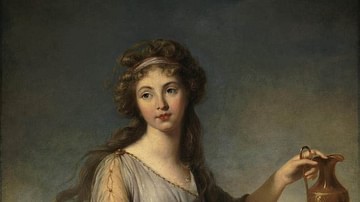
Definition
Hebe
Hebe (meaning "youth" or "bloom of youth") is the goddess and personification of eternal youth in Greek mythology. She is the daughter of Zeus and Hera and the wife of the Greek hero Hercules. Hebe serves as the cupbearer for the gods and...
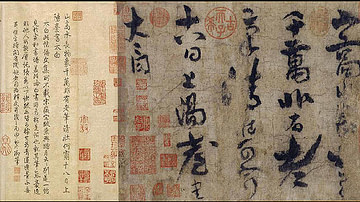
Definition
Chinese Literature
Chinese literature is among the most imaginative and interesting in the world. The precision of the language results in perfectly realized images whether in poetry or prose and, as with all great literature, the themes are timeless. The Chinese...

Definition
Jupiter
Among the many gods of the Romans, Jupiter, the son of Saturn, was the supreme god, associated with thunder, lightning, and storms. The first citizens of what would become Rome believed they were watched over by the spirits of their ancestors...